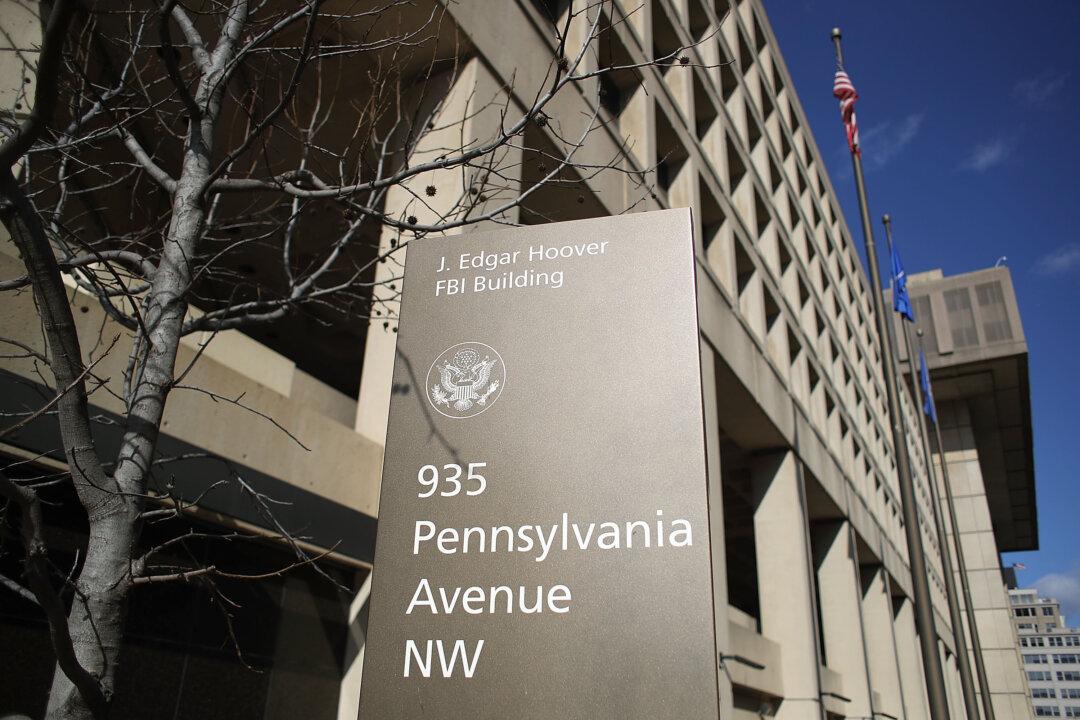The FBI allegedly paid a publisher of white supremacist literature more than $144,000 over 16-plus years to serve as a confidential informant, according to recent filings in an ongoing domestic extremism case.
These allegations were made earlier this month by Kaleb Cole, an accused member of the white supremacist group Atomwaffen. Cole was arrested in February 2020 for allegedly participating in an Atomwaffen intimidation campaign against Jewish people and journalists of color.




